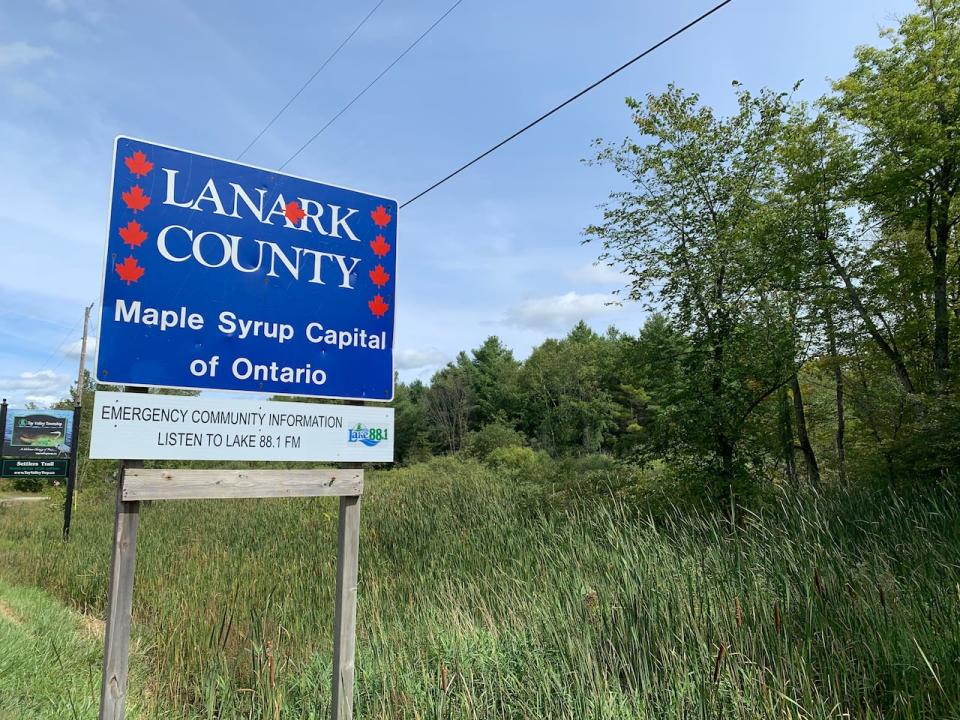Lanark County survey finds key issues to help prevent teen substance abuse

After hearing from hundreds of teens, a group working to help prevent drug and alcohol use among young Lanark County residents hopes to turn its findings into possible solutions.
Lanark County first started looking for a solution to substance use issues back in 2018. It turned to Iceland, which has an approach called Planet Youth that took the country from one of the highest rates of substance abuse issues in Europe to one of the lowest.
The county has since developed its own version of the Icelandic model called Planet Youth Lanark County.
"The idea is not to dwell on talking to individuals but treating society as the patient, making it so that kids are less likely to turn to using substances earlier in their life," said David Somppi, who chairs the group behind it.
The local group surveyed hundreds of high school students wishing to identify possible concerns in youth's habits and their environments.
Based on survey results from seven schools across eastern Ontario, Planet Youth found 33 per cent of high school students had tried alcohol by the age of 13 or younger.
About 12 per cent of youth who answered said they had been drunk in the past month.
Sleep deprivation among youth
There were several other concerning issues in the findings, Somppi said, including the sleeping habits of students who answered the survey.
More than two-thirds of students said they were chronically sleep deprived meaning they get less than seven hours of sleep a night.

Lanark County first started implemeting the Icelandic model to prevent substance use in youth back in 2018. (Kate Porter/CBC News)
"Kids who report sleeping less than seven hours are almost twice as likely to report that they were drunk in the last 30 days or have consumed cannabis in the last 30 days. These are Grade 10 students, mind you," Somppi said.
Students in that age group should be getting eight to 10 hours of sleep a night.
"Getting enough sleep, particularly for teenagers, is very, very important for both physical and mental health," he said, adding there's a "strong correlation" between substance use and poor mental health.
Safety in school another concern
Rebecca Shams, a health promoter with the Leeds, Grenville, and Lanark District Health Unit, also consulted with young people in the community to help implement the preventative model.
Shams asked youth about their happiness, where they spent their time, how they rate their mental health and what they wanted to see changed in their community.
She heard a wide range of answers when speaking with those as young as 10 up to 19, Shams said, ranging from better lighting at parks to improved paths for active transportation, as well as public transit.
Students also said they wanted to feel safer in their schools. That can sometimes be physical safety concerns, such as around vaping in the washrooms, Shams said.
"Sometimes it's that emotional safety piece where they feel like they just don't have a safe place to be themselves," she said, adding students spoke of experiences of racism or homophobia.
"It was really heart-wrenching," Shams said.
Somppi said the Upper Canada District School Board has been made aware of the sleep deprivation findings, and is already looking for solutions from a school schedule perspective.
It's still too early to tell when the Icelandic prevention model will start to make an impact in Lanark County, although Somppi said based on other communities, it could be around five to seven years.
"We have to be patient with this," he said. "We're going upstream, but we can really make a difference if we keep at it."


